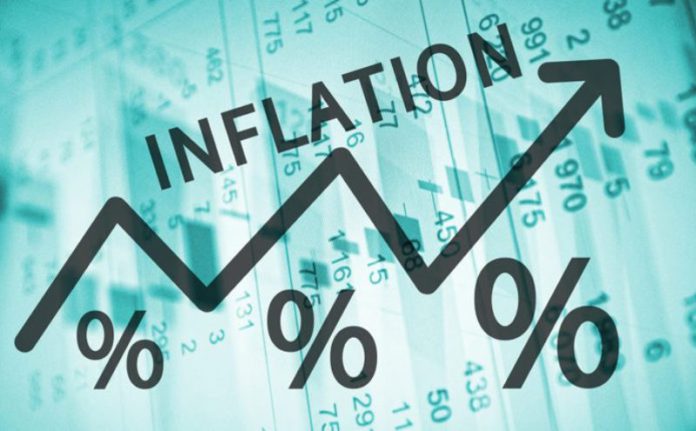Recent exchange rate pressures, upward adjustments in utility tariffs, and increases in fuel prices have posed risks to inflation that remain slightly tilted to the upside.
In view of this, the monetary policy committee of the Bank of Ghana (BoG) has maintained the policy rate at 29%.
Speaking at the Monetary Policy Committee (MPC) media briefing, BoG Governor, Dr Ernest Addison explained that the decision to hold the rate steady was influenced by uncertainty regarding the inflation trajectory for the year.
13-17% inflation target band
He noted that while inflation is expected to remain within the target band of 13-17% for this year, achieving this will require a strong monetary policy stance, bolstered by robust fiscal consolidation efforts.
22.8% inflation in June 2024
While inflation has significantly dropped from 54.1% in December 2022 to 22.8 % in June 2024, Dr Addison highlighted ongoing uncertainties that could impact the inflation trajectory for the rest of the year.
The uncertainties stem from recent exchange rate pressures, increases in utility tariffs, and a surge in ex-pump fuel prices, he told journalists on Accra.
“Even though we expect inflation to remain within the target range of between, the risks are tilted slightly upward,” Dr Addison stated.
The Governor emphasized that strong monetary policy and continued fiscal consolidation efforts are essential to achieving the end-year inflation target. Dr Addison noted that reserve build-up had been strong in the first half of the year, coupled with an improved external payments position during the same period. The current account surplus significantly improved, aided by strong gold exports, robust remittances, and the effects of debt suspension.
This development, along with the Domestic Gold Purchase Programme, has helped accumulate reserves faster than envisaged under the IMF-supported programme.
“With a favourable external position and a strong reserve build-up, the Bank of Ghana is better positioned to provide a cushion against external shocks to the economy and thereby provide stability in the foreign exchange market,” he said.
The relative stability in the foreign exchange market in recent weeks reflects the continued tight monetary policy stance, implementation of the dynamic Cash Reserve Ratio (CRR) to mop excess liquidity, revised regulations on advanced payments for imports by the Bank, and positive sentiments from the third tranche of the IMF Extended Credit Facility and the agreement in principle with external creditors.
19.6% Cedi depreciation
From the beginning of the year to July 19, 2024, the Ghana Cedi depreciated by 19.6% against the US Dollar, compared to 22.1% during the same period last year.
There was a significant build-up in international reserves during the first six months of the year.
$6.87 billion Gross International Reserves
Gross International Reserves (GIR) increased by $947 million to $6.87 billion at the end of June 2024, equivalent to 3.1 months of import cover.
$4.5bn Net International Reserves
Net International Reserves also increased by $1.31 billion to $4.5 billion at the end of June 2024. The higher build-up in Gross International Reserves was aided by the strong performance of the domestic gold purchase programme. Ghana, known as the world’s second-largest cocoa producer and a significant exporter of fossil fuels, has been grappling with chronic economic challenges.
In May 2023, the country secured a three-year, $3 billion bailout package from the International Monetary Fund (IMF) to help reduce inflation, curb currency depreciation, and revive the struggling economy.
This latest move by the BoG underscores the central bank’s commitment to stabilizing the country’s macroeconomic conditions and ensuring a sustainable economic recovery.
ALSO READ:

